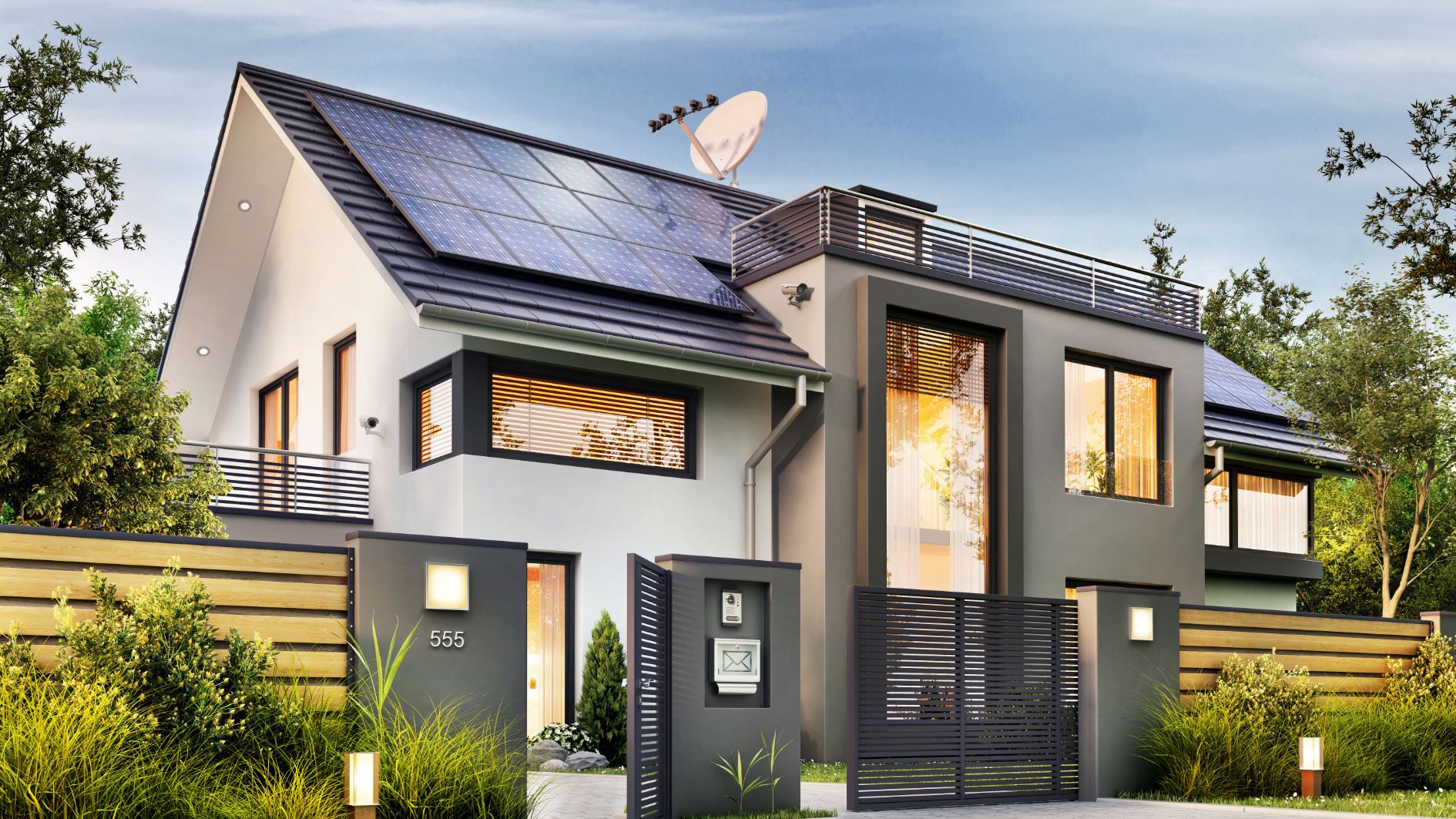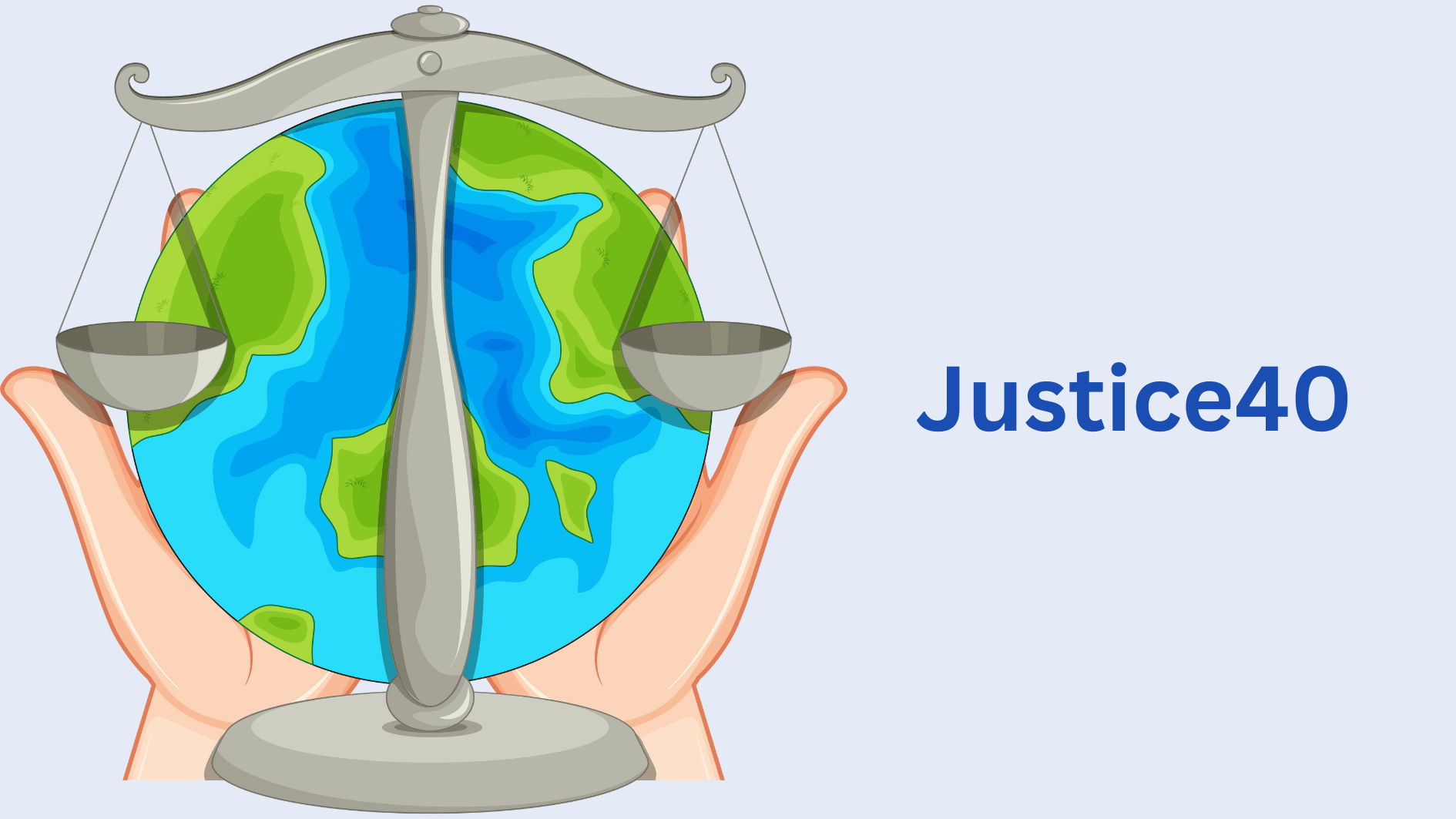Image source: Canva.com
Homeowners’ Associations (HOAs) are established to safeguard property values within their communities. This often entails regulating home modifications, including solar installations. As a homeowner eager to adopt solar energy, navigating your HOA’s requirements is crucial.
Thankfully, solar access rights are gaining legal protection across various states and local jurisdictions. This article delves into understanding these rights, identifying where they are safeguarded, and providing guidance on collaborating with your HOA to facilitate the installation of solar panels on your property.
Can My Homeowners Association Block Solar Panel Installation?
The ability of your HOA to prevent you from installing solar panels largely depends on your state’s regulations. In states where approval is required for installation, HOAs have the authority to reject proposals for solar panels. Often, HOAs cite aesthetic concerns, as they aim to maintain neighborhood uniformity to uphold property values. Fortunately, as clean energy gains recognition and solar adoption expands, more states are embracing solar access rights to facilitate easier installation processes.
Understanding Laws and Easements
Solar access rights encompass two key protections for homeowners looking to adopt solar energy: solar access laws and solar easements. These provisions serve distinct purposes in safeguarding homeowners’ ability to harness solar power for their residences.
Solar Access Laws
Solar access laws are state-level regulations designed to limit or prohibit restrictions on solar installations imposed by entities like homeowners’ associations (HOAs). In states with robust solar access laws, HOAs are generally unable to completely prevent homeowners from installing solar panels. However, these laws often allow HOAs to enforce certain restrictions to maintain aesthetic harmony within neighborhoods. Common HOA restrictions include mandating flush-mounted panels, disallowing ground-mounted solar arrays, ensuring rooftop installations are not visible from public view, and requiring equipment that matches the roof’s color. These restrictions may pose challenges or increase costs for homeowners pursuing solar projects.
Solar Easements
In contrast to solar access laws, solar easements provide a voluntary legal mechanism for homeowners to secure access to sunlight for their solar installations. In states where solar easements are recognized, property owners can enter into agreements with neighboring property owners to protect their solar access rights. These agreements typically outline specific dimensions where sunlight must remain unobstructed, such as horizontally and vertically above the homeowner’s roof. Solar easements may also include provisions for the termination of the easement, compensation for the use of airspace, and penalties for violations.
Both solar access laws and solar easements play crucial roles in ensuring that homeowners have the legal framework necessary to overcome obstacles and effectively deploy solar energy systems on their properties.
Which States Recognize Solar Access Rights?
Most states have enacted policies addressing solar access rights, with exceptions in Alabama, Arkansas, Connecticut, Michigan, Mississippi, Oklahoma, Pennsylvania, South Carolina, South Dakota, and Wyoming, which do not have specific statutes on the matter. These laws, along with solar easements, vary and are subject to change. The Database of State Incentives for Renewables and Efficiency (DSIRE) provides up-to-date information on state and local regulations governing solar access.
For instance, California established the Solar Rights Act in 1978, limiting HOAs and local governments from obstructing solar panel installations. Property owners in California also possess solar easement rights, enabling them to negotiate agreements with neighbors on a case-by-case basis. Additionally, California’s Solar Shade Control Act prevents tree branches from shading solar panels, particularly if planted after the solar system’s installation.
Similarly, New York prohibits unreasonable restrictions by HOAs on solar panel systems and permits property owners to negotiate solar easements. Certain towns and cities in New York enforce zoning ordinances that protect solar access, such as height restrictions on vegetation and new buildings that could shade solar panels. These local regulations vary across the state.
How to Navigate Solar Installation in States without Solar Access Laws
If you live in a state without specific solar access laws, there are still ways to pursue solar energy installation, even as a member of an HOA. Begin by familiarizing yourself with the existing solar policies at the state, local, and organizational levels. Some towns and cities may have their own regulations concerning solar, so it’s worthwhile to investigate these options. Additionally, understanding your HOA’s bylaws regarding solar panel installations is crucial if you plan to seek approval.
When presenting your case to the HOA board, emphasize the positive impacts of solar homes in the community: potential cost savings for homeowners, increased property values, and reduced carbon footprint. Highlight how the solar industry can contribute to the local economy as well.
Engaging other property owners in your neighborhood can also strengthen your position. Demonstrating community support for solar initiatives can sway HOA decisions positively. If initial attempts with traditional solar panels face resistance, consider alternative technologies like solar shingles or other innovative solutions that still offer economic benefits.
Discover the potential of solar energy on SolarWiki! Join now to receive free quotes from trusted installers, and take the first step toward adopting solar energy today!





